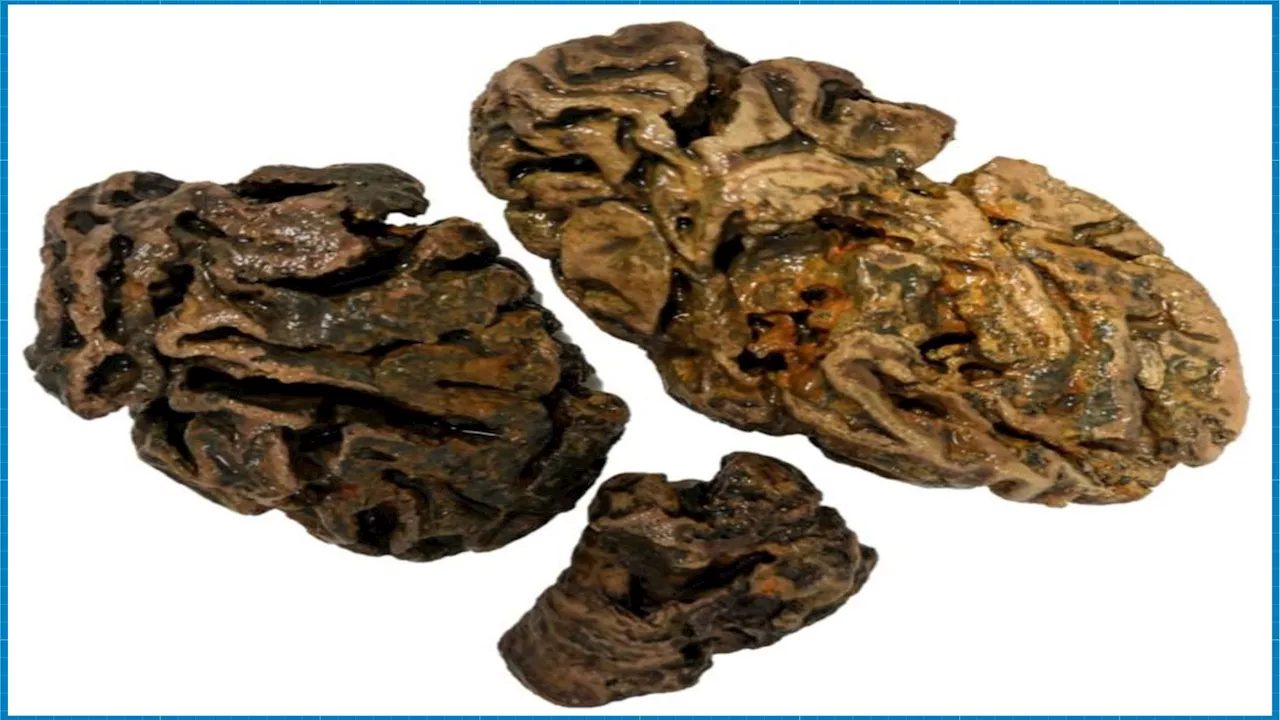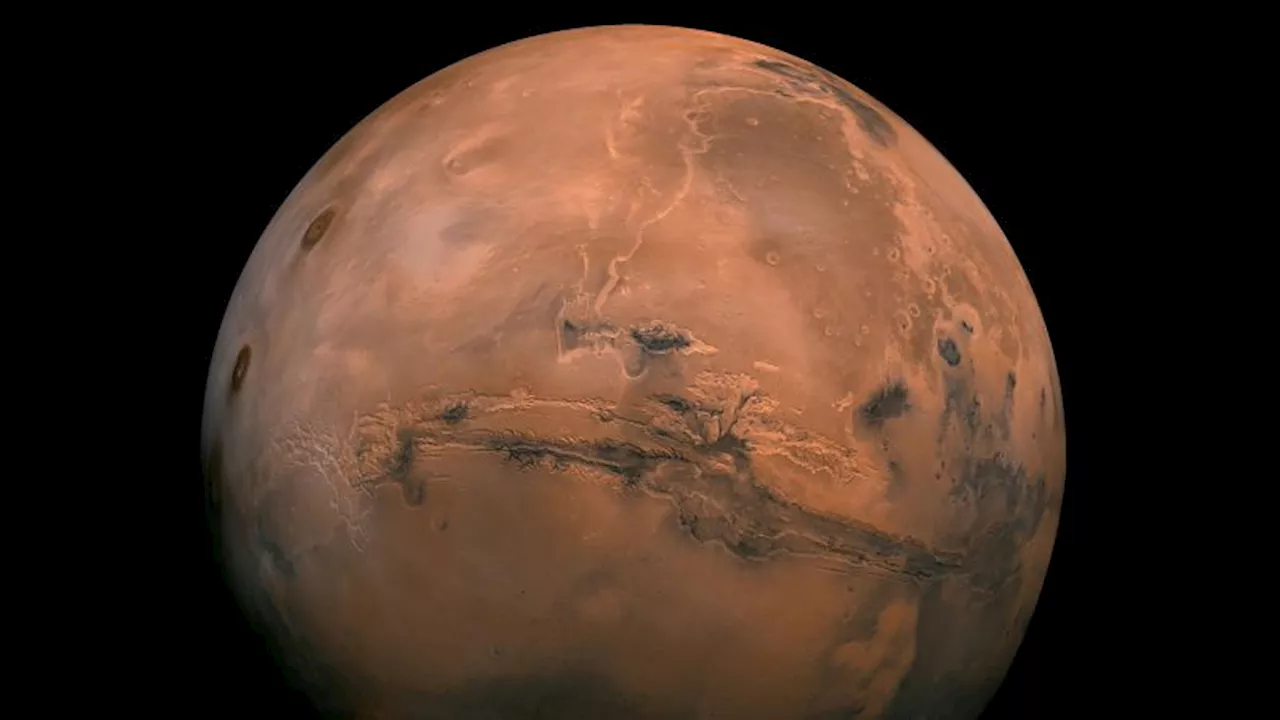A study from the University of Bristol sheds light on Earth's global carbon cycle and its implications for assessing the habitability of other planets. The research also provides insights into the age of Earth's solid inner core and challenges current understanding of how rocky planets acquire volatile elements. Additionally, the study suggests that lightning strikes played a crucial role in creating conditions for life to emerge on Earth. In a separate study, it was found that AI writing and illustration emit significantly less carbon compared to human activities.
New research from the University of Bristol sheds light on Earth 's global carbon cycle and its implications for assessing the habitability of other planets. The study provides insights into the age of Earth 's solid inner core and offers clues about the planet's history and future evolution. Additionally, the research challenges current understanding of how rocky planets acquire volatile elements .
The study also suggests that lightning strikes played a crucial role in creating the conditions for life to emerge on Earth. In a separate study, it was found that AI writing and illustration emit significantly less carbon compared to human activities
Earth Carbon Cycle Habitability Planets University Of Bristol Research Volatile Elements Age Of Earth's Core Lightning Strikes AI Writing Illustration Carbon Emissions
United States Latest News, United States Headlines
Similar News:You can also read news stories similar to this one that we have collected from other news sources.
 New study explores the preservation of 12,000 year-old brainsNew study finds that soft tissue is preserved under certain conditions. This discovery may be key to new discoveries in health and medicine.
New study explores the preservation of 12,000 year-old brainsNew study finds that soft tissue is preserved under certain conditions. This discovery may be key to new discoveries in health and medicine.
Read more »
 Mars could be driving ‘giant whirlpools’ in the Earth’s deep oceans, new study findsMars may be around 140 million miles away from Earth, but the red planet is influencing our oceans, according to new research.
Mars could be driving ‘giant whirlpools’ in the Earth’s deep oceans, new study findsMars may be around 140 million miles away from Earth, but the red planet is influencing our oceans, according to new research.
Read more »
Mars could be driving ‘giant whirlpools’ in the Earth’s deep oceans, new study finds(CNN) — Mars may be around 140 million miles away from Earth, but the red planet is influencing our deep oceans by helping drive “giant whirlpools,” according to new research.
Read more »
 Shopping study explores animal welfare in a virtual supermarketHow can we encourage consumers to pay more attention to animal welfare aspects when they purchase meat? It now appears that this cannot be achieved solely by making the animal husbandry labels more visible. At least, this is what the findings of a study carried out by the University of Bonn and TU Munich tend to indicate.
Shopping study explores animal welfare in a virtual supermarketHow can we encourage consumers to pay more attention to animal welfare aspects when they purchase meat? It now appears that this cannot be achieved solely by making the animal husbandry labels more visible. At least, this is what the findings of a study carried out by the University of Bonn and TU Munich tend to indicate.
Read more »
 Study explores impacts of Arctic warming on daily weather patterns in the U.S.Arctic sea ice is shrinking as the world continues to warm, and a new study may provide a better understanding of how the loss of this ice may impact daily weather in the middle latitudes, like the United States.
Study explores impacts of Arctic warming on daily weather patterns in the U.S.Arctic sea ice is shrinking as the world continues to warm, and a new study may provide a better understanding of how the loss of this ice may impact daily weather in the middle latitudes, like the United States.
Read more »
 Study explores why Australians love going to the cinemaAustralians have had plenty of time in the last 100 years to work out what they value about cinema-going and why it matters. Head to any cinema and catch the Val Morgan advertising in the pre-show. Take a closer look at the date the company was founded. Not 1984, but 1894.
Study explores why Australians love going to the cinemaAustralians have had plenty of time in the last 100 years to work out what they value about cinema-going and why it matters. Head to any cinema and catch the Val Morgan advertising in the pre-show. Take a closer look at the date the company was founded. Not 1984, but 1894.
Read more »
